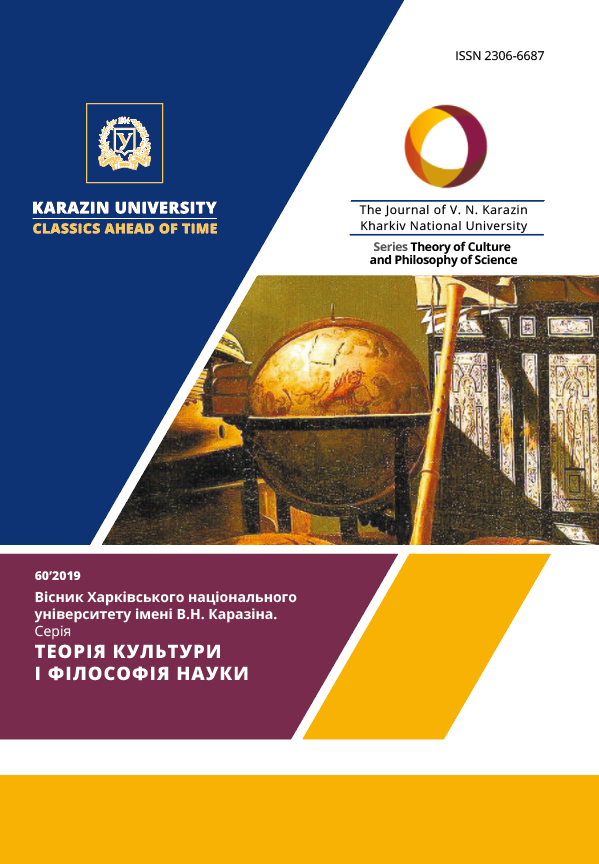PHILOSOPHICAL ASPECTS OF MODERN TOURISM CULTURE
Abstract
To characterize the phenomenon of modern tourism from a philosophical standpoint, to identify those anthropological changes that bring tourism to modern global culture, to identify changes in cultural identities occurring on a global dimension under the influence of the tourism industry. Scientific novelty. The hypothesis is that the development of the cultural tourism industry first leads to the emergence of performative identities, when it is possible to speak not simply of the emergence of multiple identities, but of the fact that ethnic and social identities are changing. Opposing external and internal travel, it is argued that global tourism initially relied on an external horizontal type of travel, only recently has tourism embraced external and internal travel, thereby becoming an education of education and self-development. Five main types of tourists are distinguished and characterized, their philosophical and anthropological characteristics. The three types are born in the modern and are related to the horizontal way of travel, it is a vagrant, a missionary, an artist. The postmodern era is characterized by the emergence of a new type of tourist – a creative personality, as well as fundamental anthropological changes concerning the flaner, the flaner is already looking not so much visual impressions as it was in modern times, how many impressions that can cause psychological shifts, anthropological changes through shock events of the Real. It is determined that the philosophical and anthropological characteristics of modern tourism include: “controlled risk”, “atmospheric” as an attraction to a holistic cultural complex, replacement of recreational tourism with tourism of self-improvement and education. It is revealed that for the XIX century there are two new types of tourists – the flaner and the creative personality. Flaner is not about traveling as such, but about watching life without trying to change it. The creative personality, watching life, changes him and himself, the identities of such a person are in principle multiple, and therefore variable depending on one or another environment and particular needs.
Downloads
References
Бауман З. Идет ли богатство немногих на пользу всем прочим? / пер. с англ. Н. Эдельмана. Москва: Логос, 2015. 162 с.
Бауман З. Текучая современность / пер. с англ. Ю. Асочаков. Санкт-Петербург: Питер, 2008. 240 с.
Бек У. Власть и ее оппоненты в эпоху глобализма. Новая всемирно-политическая экономия / пер. с нем. А. Григорьева и В. Седельника. Москва: Прогресс-Традиция, Территория будущего, 2007. 464 с.
Бек У. Что такое глобализация? Ошибки глобализма – ответы на глобализацию / пер. с нем. А. Григорьева и В. Седельника. Москва: Прогресс-Традиция, 2001. 303 с.
Сковорода Г. Твори. У 2-х т. Київ: АТ Обереги, 1994. Т. 1. 528 с.
Уваров В. Д. Борисов К. Г. Международные туристские организации. Москва: Международные отношения, 1990. 288 с.
Філософські нариси туризму / за ред. В. С. Пазенка. Київ: Український Центр духовної культури, 2005. 328 с.
Флорида Р. Креативный класс, люди, которые меняют будущее / пер. с англ. Н. Яцюк. Москва: МИФ, 2016. 598 с.




